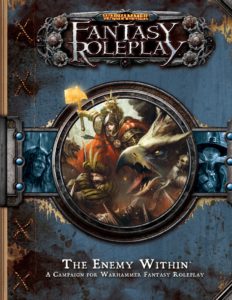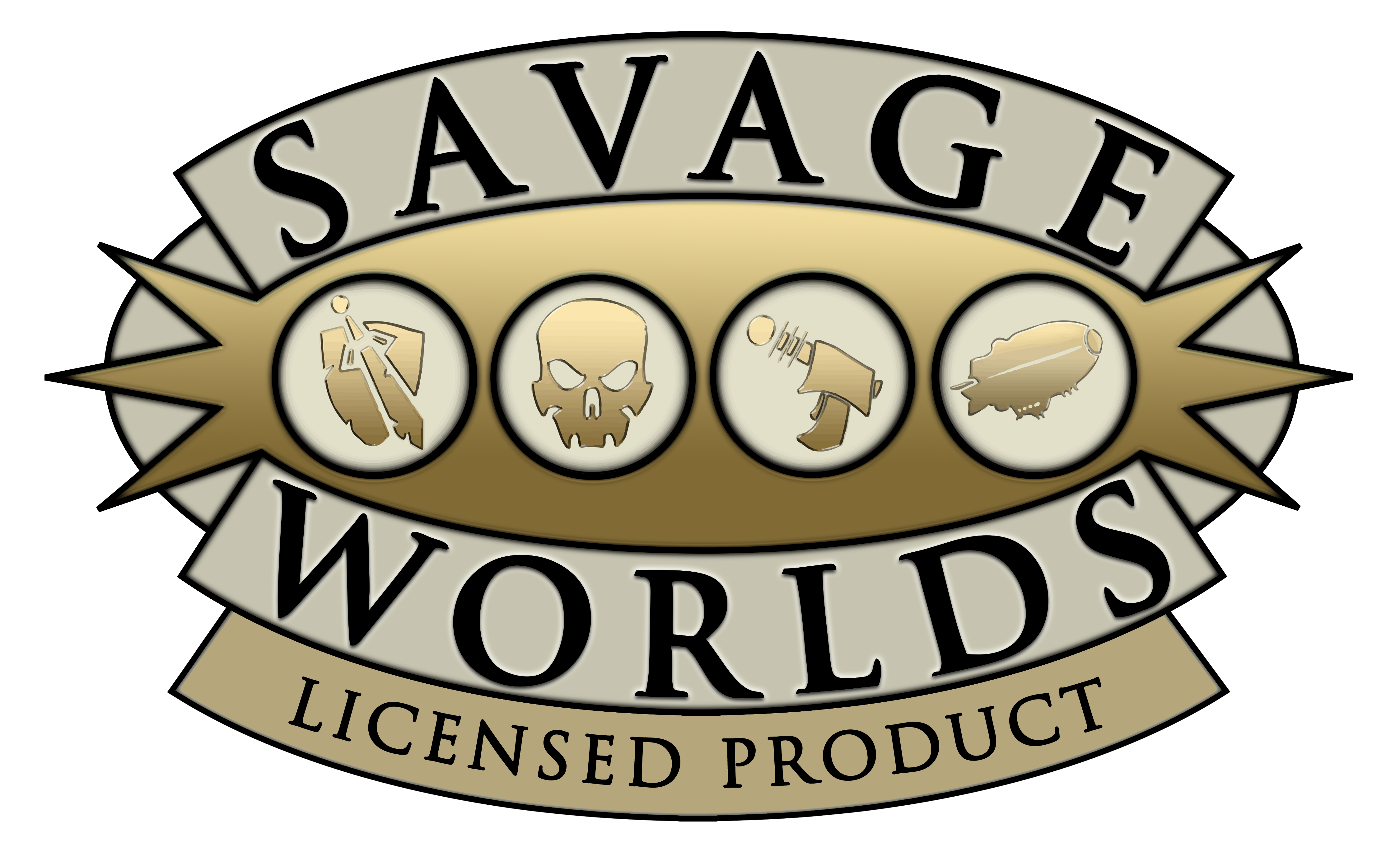Many GMs, especially those who are running pre-published material, think of themselves as an interface – existing primarily to allow the players to influence the game world using their characters, and informing them of the results. These GMs aren’t wrong, but occasionally, they might want to re-think their priorities. Being “impartial and neutral” is not a bad thing, but it’s not necessarily the goal in every RPG – it’s just one of several possible approaches.
An important approach that I find works very well is player-first thinking. Specifically, in this regard: In every important scene, try to make sure that every player has something to do that they find interesting and rewarding.
Do you have a player that enjoys sneaking around and discovering stuff? Make sure there’s some hidden stuff to be discovered. It doesn’t even have to be important, it just needs to be there. Do you have a player who enjoys helping her fellow party members? Give her an opportunity to do so, and make sure her aid is perceived by everyone as relevant and useful.
Here’s how you start: If you create the scene, have some things in it that relate to one of the PC’s abilities and personalities; if there aren’t any (maybe because you’re running a published module), add some.
Evening at Markheim’s
 Here’s an example from a game I ran for Aviv, Ev and Dassi.
Here’s an example from a game I ran for Aviv, Ev and Dassi.
It was the published campaign The Enemy Within, for Warhammer Fantasy Roleplay 3rd Edition. Excellent campaign, but somewhere at the start of the 2nd adventure, we had a session or two during which no character had an opportunity to shine. I felt it was time to think player-first, and my players presented me with an excellent opportunity: they had themselves invited to a dinner at the house of someone they suspected to be the Big Bad Guy, and that house was not mentioned in the campaign, at all. Lots of open territory in which I can create something new, without fearing for the paperwork of keeping track of my changes. I hate tracking things, so much.
It was to be a pleasant dinner, with suspected BBG Markheim, his amazingly stupid to-be wife, and our three PCs: Agnes, who’s sneaky and sly; Brioche, who’s all about fighting with zeal; and Marian, the clever Metal wizard. More importantly, the players came into this situation with some expectations: Aviv wanted Agnes to spy around the mansion and learn about Markheim; Ev was tense, ready to fight whatever Chaos creature that Markheim might send against the party should things go all lopsided; and Dassi wanted to squeeze information out of Markheim if possible, and also do whatever it takes to make sure the other two succeed with their tasks.
I started with the usual, recommended approach in games such as this: Set a situation, but do not plan a solution. Here’s the mansion, here’s what’s in it, go ahead guys, do what you do. Then I made sure to have in the mansion something to fight, and something to discover.
We started the scene with Dassi rolling her Education skill – with which she was amazing – and even using once-per-session abilities, to get as many successes as possible, in an effort to “trap” Markheim in a lengthy conversation about city tax laws and bureaucracy. Seeing as he was leading a powerful trading house, it made total sense. I decided not only to allow it, but also, thanks to an excellent roll, have everyone else able to sneak away with some weak excuse, since Markheim was so engaged in the conversation. Dassi allowed the other two to act; from now on everything that happens is thanks to her. Everyone was super-happy and thankful, and some cool action can now be had.
Agnes snuck out into the backyard, in search of mysteries. Well, the mysteries were actually upstairs, and in the yard, I had the thing to fight – some Chaos-tainted dogs. I had Aviv roll Stealth, to give her a chance to spy them before a fight begins (in which she had little chance of success), which led to her getting past them, without alerting them to her presence. Brioche, in the meantime, snuck up the stairs, got an amazing success in persuading a maid that he’s supposed to be there, and opened the door to Markheim’s office, where the mysteries were. He wasn’t going to discover a lot in there – his skills are in fighting, not finding things out – and at the same time, there wasn’t a lot to find in the yard, for Agnes. Hmm.
I decided it was time to change something. I could have switched the things you find in each location, but that would have required more thinking than I was willing to do (and a bit of time, and I don’t like stopping a session to re-think things.) Instead, I made the door trapped. Everything exploded, a fight began, action-action-action.
Aviv didn’t discover the clues by being sneaky (the party recovered some after the fight was over), but was still rewarded for being sneaky by having everyone know about the dogs and even taking care of them before they entered the fight in full force. Ev got his all-out fight – and Dassi wasn’t out of action for the entire session, instead fighting Merkheim one-on-one in a wizards’ duel.
What’s my point here
Thinking player-first is not only about setting a scene in which everyone has a chance to shine, it’s also about changing and creating things on the fly to make sure everyone is satisfied, by having them gain something from doing things their way. It even works if it’s the other way around, placing the PC in an opposite position – for example, forcing the semi-barbaric Brioche into a horribly polite conversation with some nobles – because it’s still a scene which recognizes what the player wants to play as, and gives him an opportunity to do so. As long as the risks aren’t too high, as long as it’s not “EVERYTHING DEPENDS ON YOU NOW, BRIOCHE!”, having the brute talk to some nobles can be very rewarding.
Further reading: In previous articles I’ve discussed the importance of the player’s mechanical choices, and also player motivations and having players act on their own; I would also recommend the episode Setting Difficulty Levels of my podcast On the Shoulders of Dwarves, in which we bring the final fight scene of The Avengers movie as both a good and bad example of letting them shine; also, ready everything Dungeon World has to say in the GM section.



